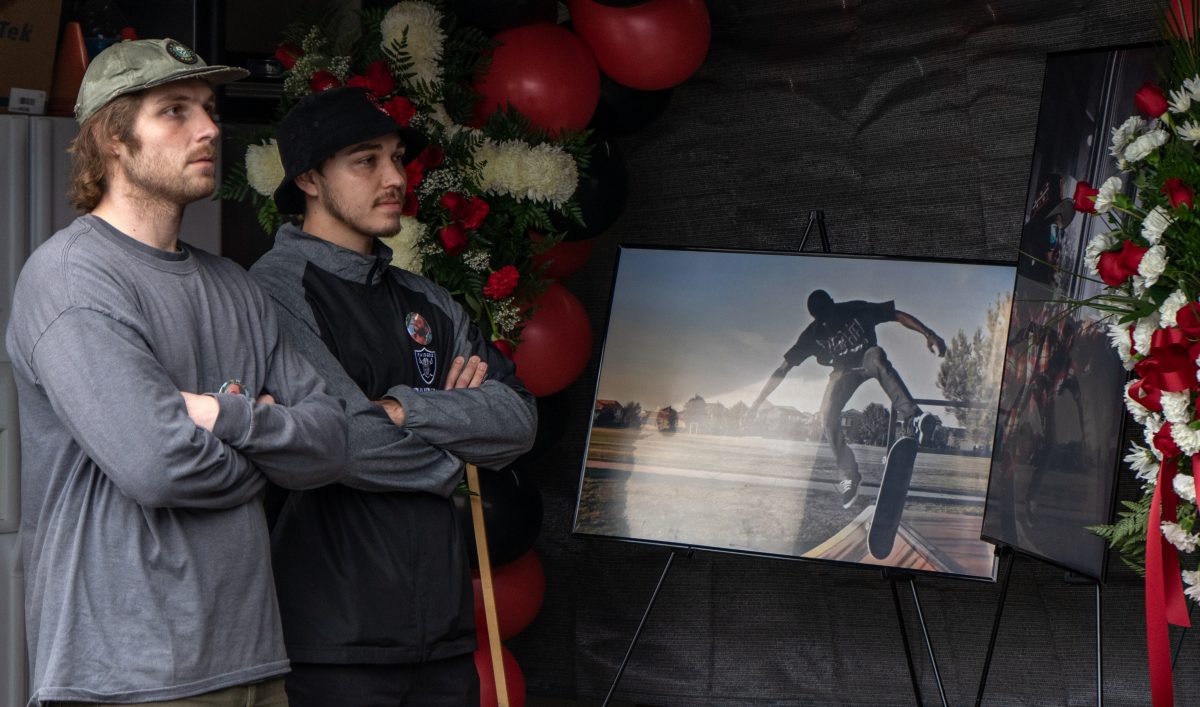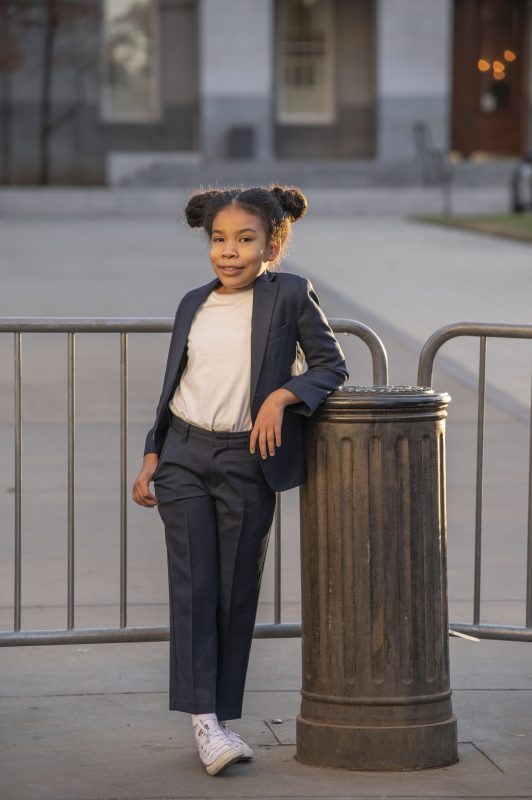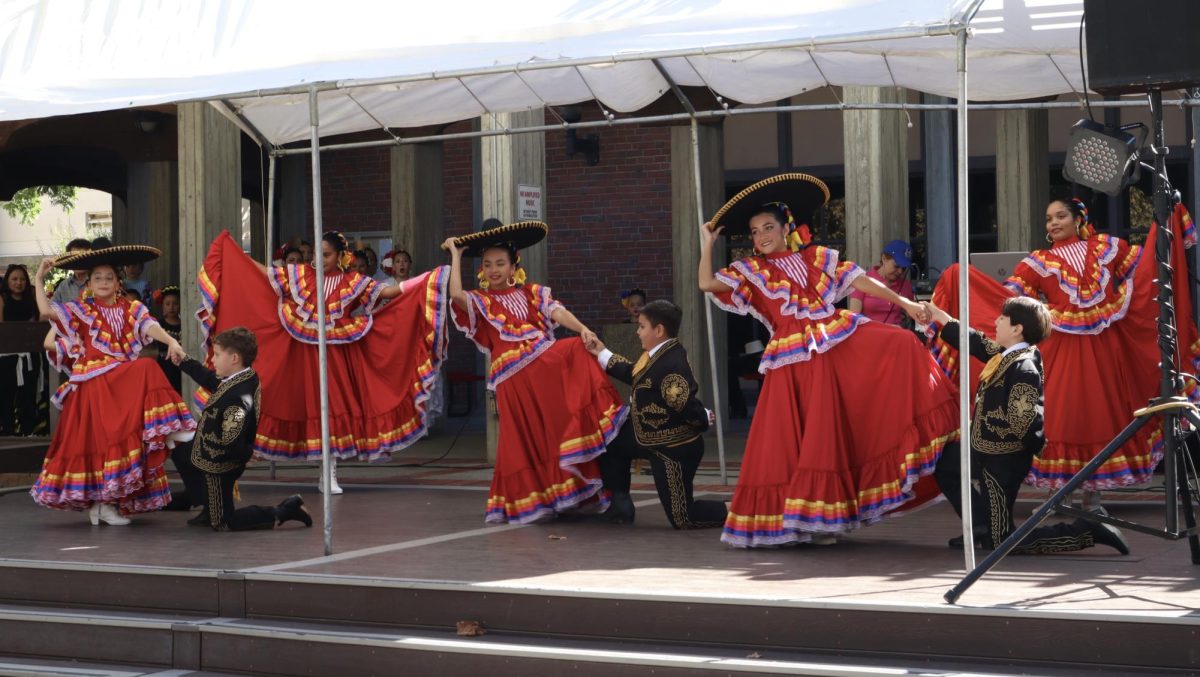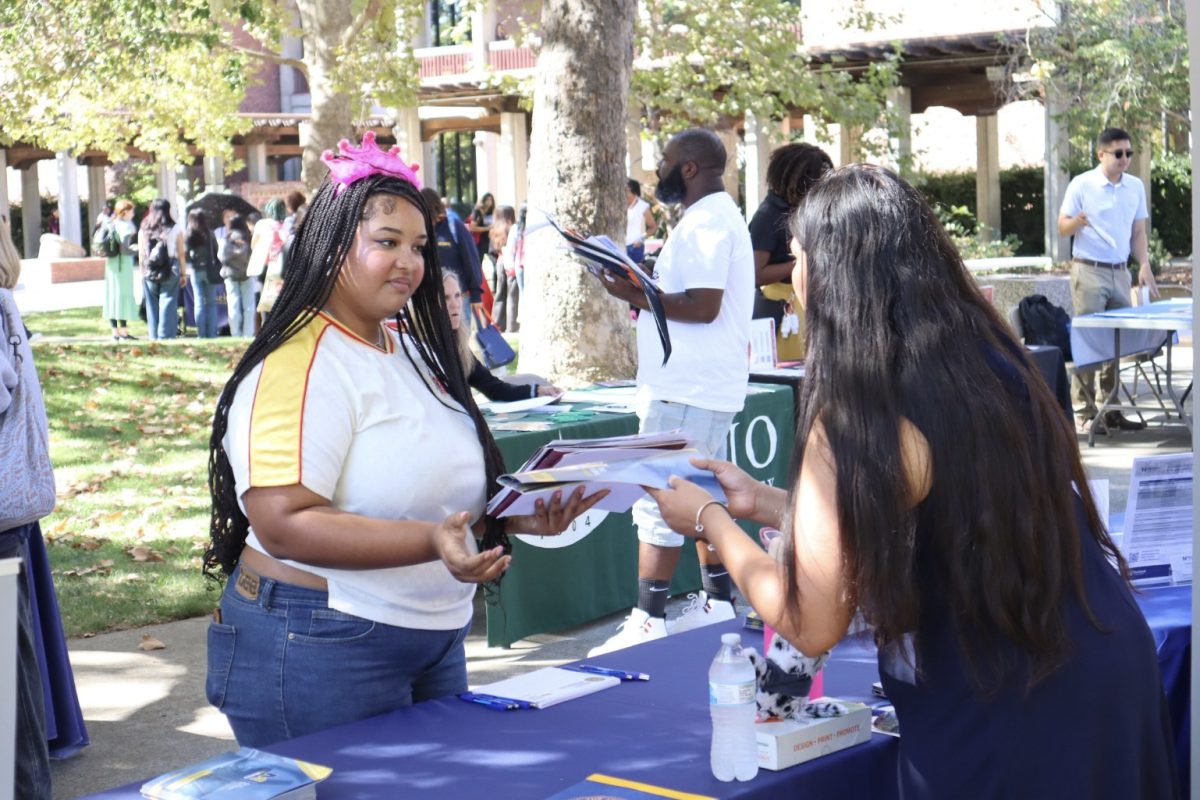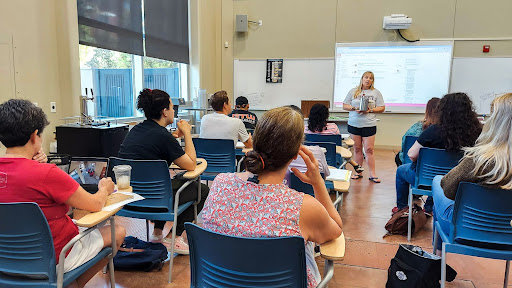Student Personnel Specialist Lisa Hayden connects Black students with counseling and tutoring resources through City College’s ASHÉ Center, launched in 2020 to address educational inequity gaps.
ASHÉ, an acronym for African American Student Healing and Empowerment, embodies the center’s mission, which has continued over the past 11 months of remote learning. Hayden said she wants people to celebrate Black history beyond February.
“We don’t want to be confined to one month because Black history happens every day. Black history is American history and it is about highlighting all contributions of all Americans,” Hayden said. “We see shining stars like the Harvard graduate [poet Amanda Gorman] from the inauguration, and it is every day that we see inspiration.”
Hayden is one of many people in the City College community dedicated to sharing the lessons of Black history.
City College teaching assistant Melissa Robinson is a Mexican-American mother of 11-year-old biracial daughter, Jolyssa, who identifies as Black. She echoes Hayden’s sentiment that Black history shouldn’t be highlighted solely in February.
“Our family is always learning about black history. A lot of this is not taught in school,” Robinson said. “I didn’t learn about my own history until I went to college. Why [should] I have to pay to learn about stuff that should have been taught in school? Having that experience makes me want to make sure my daughter knows her history.”
Robinson said she wants to make sure her daughter has a foundation in both of her cultures’ histories. Together, they study Black history through the lessons she shares with her daughter. One notable figure in Black history who stuck with Robinson was Bessie Coleman, the first female aircraft pilot.
“It wasn’t Amelia Earhart who was the first pilot, it was Bessie Coleman. But, because Bessie was Black, she had to go to France to get her license, so they didn’t count her as the first woman pilot,” Robinson said. “When [Jolyssa] was younger, I would do arts and crafts with her, and we would cover topics like Martin Luther King Jr. But I also would go as far as looking for strong black women like Ruby Bridges [and] Dr. Mae Jemison, the first black woman that went into space.”


Jim Jeffries, a photography student at City College, said that Black History Month is a time to recognize and observe the contributions that have been made by African Americans. He said February offers an annual opportunity for those who identify as Black or African American to refamiliarize themselves with their history—which is very important.
“They have set aside this month for us to observe these individuals who have contributed significantly to our American society as a whole,” Jeffries said. “Over the past, our contributions have been basically ignored and pushed to the side. It’s like we never existed. Black History Month is an opportunity to push that forward in the general population’s eye to be recognized.”
Jeffries celebrates Black History Month by reading and reviewing periodicals and history made by his ancestors.
“We came over here as slaves and even under those conditions from 1619 till 2021, we still seem to prevail every time. That is our driving force for us as a people—to continue to struggle for basic human rights that are entitled to us in the constitution,” Jeffries said. “Unfortunately, we are still struggling for basic human rights, and it is a struggle that is going to continue.We are human beings. We have the right to a fair and equitable life.”


